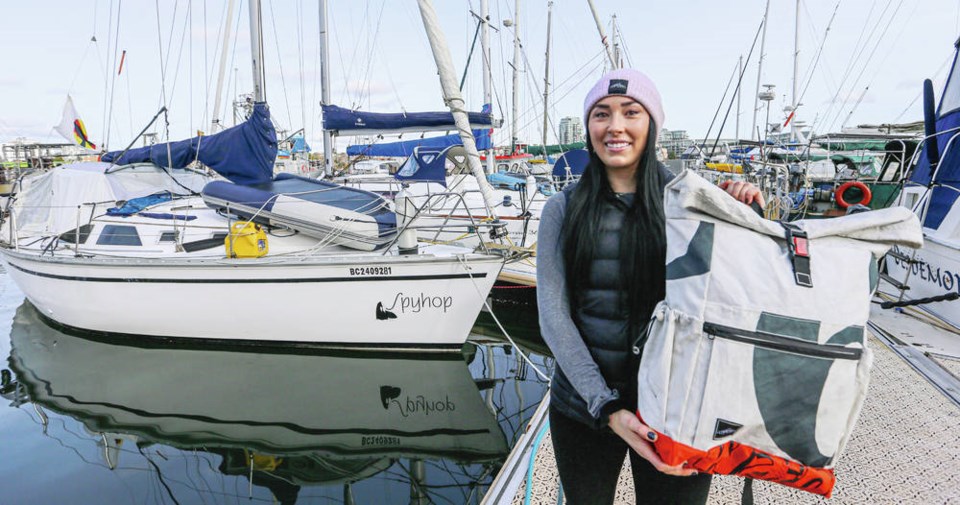Becoming a One Planet region is a mammoth challenge, but one we have to meet unless we prefer to leave it to Mother Nature to do it for us (and to us). But that is not going to be pretty!
The key to becoming a One Planet Region is in principle very simple; use and consume a lot less stuff and energy — especially fossil fuels — and produce much less waste. Here in Victoria the Synergy Foundation’s Project Zero, which was featured in our March Conversation for a One Planet Region, puts it this way: “Our residents will own less, but live more fulfilling lives. Material goods will be shared, not stored. Our waste will be our greatest resource.”
Would that it were that easy. But we have a problem; our economic system, societal values and way of life are set up to do the exact opposite. More is better, bigger is better, faster is better. Obsolescence is planned in, repair is difficult, disposables are convenient.
One of the basic tenets of systems science is that every system is perfectly designed to achieve the results it gets. Our present system has been described by the U.K.-based Ellen McArthur Foundation as a linear economy based on a “take-make-waste extractive industrial model.” But while profitable in the short-term, it is perfectly designed to be very wasteful and inefficient and have a large ecological footprint.
Which is where the circular economy comes in. The Ellen McArthur Foundation describes such an economy as based on three principles: “Design out waste and pollution, keep products and materials in use and regenerate natural systems.” All this is “underpinned by a transition to renewable energy sources.” Sadly, less than 10 percent of the global economy is circular today; the good news is there is lots of scope for expanding this approach.
The Synergy Foundation’s Project Zero identifies what are now the six R’s needed to reduce pollution and waste: reduce consumption, reuse and repair products and redistribute, recondition and recycle them.
Their program, in partnership with the Vancity Credit Union as well as the City of Victoria, sa���ʴ�ý Hydro, the Victoria Foundation and Environment and Climate Change sa���ʴ�ý, supports new small enterprises that are working to create a local circular economy. They anticipate this will create hundreds of jobs, with more products made and repaired locally and fewer goods arriving from off-Island, which will result in reduced emissions, packaging and waste.
The five-year program is based on an incubator model, with a small number of new business ideas and early start-ups selected each year. They receive free business development advice, including advice and training on creating a business plan and pitching their idea, learning entrepreneurial skills and connecting with mentors. This work is supported by guest experts from local colleges and universities, and local business consultancies.
So what sort of circular economy businesses are being created in Greater Victoria? Well, in the 2019 cohort we find businesses that work to make home composting easier (Bin Breeze), convert waste cooking oils to biofuel (Ergo); sell donated art, office, and school supplies to support educational programs (Supply Victoria), create reusable and returnable coffee cups and takeout containers (The Nulla Project) and design the world’s first eco-friendly glow stick by using bioluminescence (Nyoka).
The 2020 cohort includes businesses that repair and reuse materials such as outdoor gear (Basecamp Repairs), old sails (Salt Legacy), burlap coffee bags and hotel linens (Thread Lightly) and plastics (Flipside Plastics); create energy recovery systems (Polar Engineering), use “green” cleaning products (Positively Clean), create economic opportunities for binners (The Diverters) and even offer solar-powered tours (Tesla Tours).
Government has an important role to play too. Locally, a much stronger commitment is needed to Zero Waste strategies such as recently adopted by the City of Victoria. The sa���ʴ�ý or federal governments need to ban single-use products wherever possible, legislate the right to repair and attack planned obsolescence.
The circular economy is just getting started, but has huge potential, as more than 90 percent of our economy is not yet circular. So support these businesses where you can, demand governments play their part, and stay tuned: there is much more still to come!
Dr. Trevor Hancock is a retired professor and senior scholar at the University of Victoria’s School of Public Health and Social Policy.



